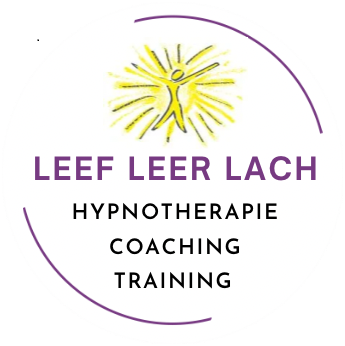Post traumatic stress disorder
Post traumatic stress disorder
Trauma can turn your life upside down. You may know exactly what caused it: an accident, violence, abuse, a difficult birth or something else that was too big to comprehend at the time. But it can also be something that was less visible, such as long-term neglect, bullying or feeling unsafe in your childhood. Your body and mind have done everything they could to survive. But what do you do if you can't get out of it afterwards? If you remain stuck in tension, reliving or a sense of threat - while the situation is long gone? Then it is very possible that you suffer from post-traumatic stress disorder (PTSD).

What does post traumatic stress do to you?
A traumatic experience is a situation in which you have felt powerless or intensely threatened. Your nervous system then goes into survival mode. This is a normal reaction – it helps you to fight, flee or freeze at that moment.
But if that alarm system remains active, you can develop complaints. Your body and mind live as if the danger is still present. You quickly become tense, startled, have nightmares or avoid certain situations or feelings. Sometimes you feel nothing at all anymore - you have 'turned yourself off', as it were, to keep going.
How do you recognize post traumatic stress disorder?
PTSD can manifest itself in many different ways. For example:
- being easily startled or constantly on guard
- flashbacks or nightmares
- avoidance of certain people, places or feelings
- sleep problems or irritability
- difficulty concentrating
- physical complaints such as tension, headaches or stomach aches
- the feeling of not really being there or alienated from yourself or your environment
Anxiety, depressive feelings or chronic stress can also result from unprocessed trauma. Sometimes you don't even know what caused it - only that you are 'stuck' somewhere.

What I can do for you
In my practice I help people who suffer from post-traumatic stress or an unprocessed trauma. Together we will look for what your system needs to calm down again. We do this step by step, at your pace and with an eye for safety.
And sometimes it is helpful to tell your story to someone who will listen to your experience without judgement.
I work with hypnotherapy, regression, parts work and body-oriented methods. The technique we use depends on what you need. Sometimes it is necessary to go back to the original moment, sometimes the power lies in working in the now. All with the goal: to bring peace to your system and regain control of your life.
Tips for post traumatic stress disorder
- Try to maintain rhythm and structure, even if it sometimes feels pointless.
- Seek gentle movement: walking, cycling, yoga or calm breathing help calm your nervous system.
- Avoid prolonged overstimulation such as news, screens or busy environments.
- Be gentle with yourself. Your reaction is a normal reaction to an abnormal situation.
- Ask for help if you keep getting stuck. You don't have to do it alone.











